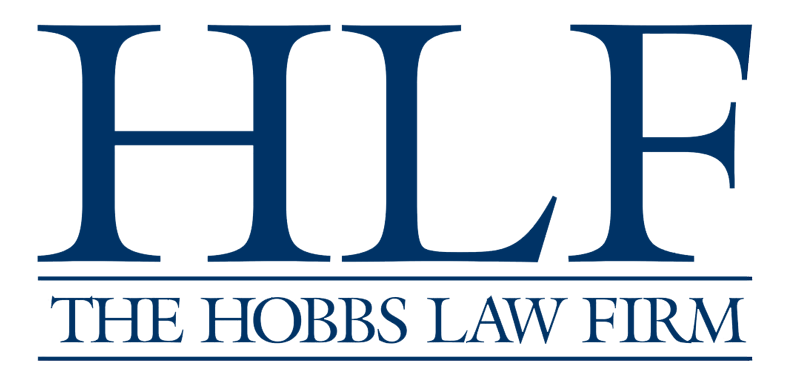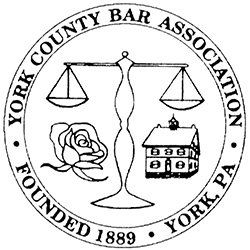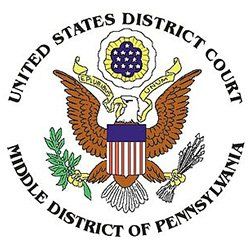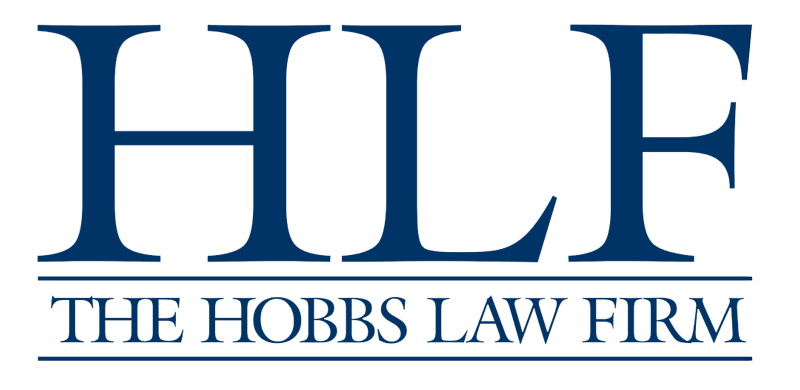Bankruptcy
Drowning in debt?
At The Hobbs Law Firm, we are offering a comprehensive consultation for Bankruptcy to discuss your financial future. At this consultation, we help you pick the best solution to protect you and your family. No more lying in bed at night, staring at the ceiling, trying to figure out how you are going to pay your next bill. Bankruptcy is a business decision for your personal life. One in which you need professional advice. Throwing good money after bad money is not a good business move. We can help.
What is bankruptcy?
Bankruptcy is a federal court process designed to help consumers and businesses eliminate their debts or repay them under the protection of the bankruptcy court. There are two types of bankruptcies relevant to consumer debtors: a “liquidation” (Chapter 7) or “reorganization” (Chapter13). Under a Chapter 7 bankruptcy, you ask the Bankruptcy Court to wipe out debts you owe. Under a Chapter 13 bankruptcy, you ask the Bankruptcy Court to let you restructure your debt so you can afford to pay it over three or five years. You must repay some debts in full; others may be repaid only partially or not at all, depending on what you can afford.
Whenever a bankruptcy is filed, a court order called an “automatic stay” goes into effect. The automatic stay prohibits most creditors from taking any action to collect the debts you owe. This automatic stay can help delay judicial actions such as lien judgments and foreclosures. Thus, during the bankruptcy process, all efforts to collect on behalf of a creditor will stop, allowing you the breathing room you need.
However, certain debts cannot be discharged in bankruptcy. These debts include back child support, alimony, certain kinds of tax debts and most student loans. Your Hobbs Law Firm attorney will be able to determine what you can and cannot include in the bankruptcy.
What is the difference between Chapter 7 and Chapter 13 Bankruptcy?
In Chapter 7 bankruptcy, you ask the Bankruptcy Court to discharge your debts. The Court will assign a trustee to sell (liquidate) your assets, distribute the proceeds to your creditors and wipe out any remaining debt. Some or all of your property may be exempt from this “liquidation.”
In Chapter 13 bankruptcy, you file a repayment plan with the Bankruptcy Court to pay back all or a portion of your debts over time. The amount you’ll have to repay depends on how much you earn, the amount and types of debt you owe, how much property you own and what you can afford to pay. You may retain all of your property in Chapter 13 bankruptcy.
What will this do to my credit?
Although the Federal Fair Credit Reporting Act does provide that bankruptcy notations can remain on your credit report for 10 years, most creditors will only leave a Chapter 13 bankruptcy on your record for 7 years from the time of filing. A Chapter 13 debt repayment process typically takes 3 to 5 years to complete. Bankruptcy notations on your credit report are likely to be removed in 2 to 4 years after the debt repayment procedure has been fulfilled. A Chapter 7 may remain for the maximum 10 years.
Can I choose between Chapter 7 and Chapter 13 bankruptcy?
Which type is right for me?
Under the new bankruptcy law, if your household income is higher than the median income for a family of your size in your State then you must file a Chapter 13 bankruptcy. Your Hobbs Law Firm attorney will be able to determine the best option for you.
Most people in York, PA who file for bankruptcy choose to file a Chapter 7 if they meet the eligibility requirements. Chapter 7 is a popular choice because, unlike Chapter 13, it doesn’t require filers to pay back any portion of their debts. However, Chapter 13 could be a better choice, depending on your specific situation. For example, if you are behind on your mortgage and want to keep your house Chapter 13 can be the solution. You can include your missed payments in your Chapter 13 plan and repay them over time. In Chapter 7, you would have to make up the whole past due amount right away and you might lose your house if the equity exceeds the exemption amount available to you.
Contact The Hobbs Law Firm for your free consultation. There are many moving parts to a Bankruptcy and it can be daunting if you do not have the right attorney to help. We will help you understand the law and the processes and make sure you have all the information you need to make the right decision for you and your family.









